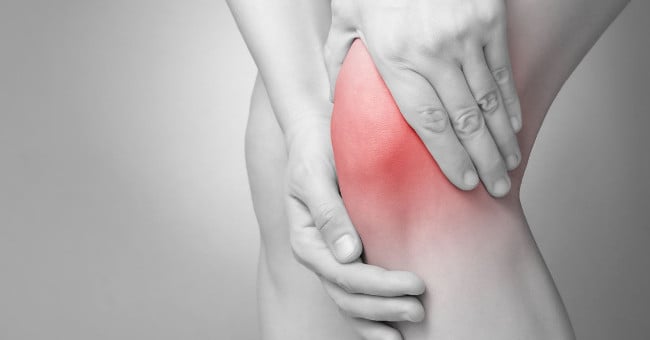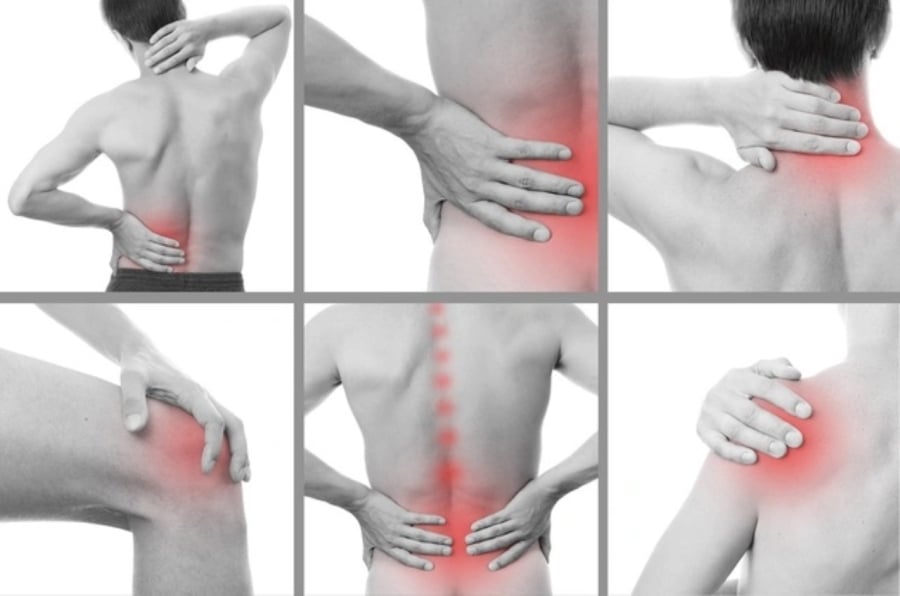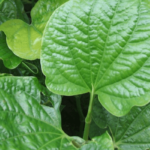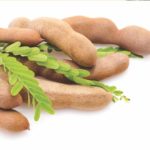According to medicine, the culprit of this phenomenon is the cold weather, which makes the nerves in the human body more sensitive than usual.
When the weather is cold, our blood vessels contract, causing more blood to flow to internal organs to keep warm, while less blood goes to the extremities of the body such as fingertips, toes, ears… The outer layer of skin becomes harder, putting pressure on the already sensitive nerves in the cold weather, making us feel more pain than usual when injured.
In addition, in freezing weather conditions, the muscles of the human body contract and become stiffer and less flexible, making them more susceptible to injuries.

Why do many people experience joint pain in cold weather?
For some people, every time cold air comes in, they experience back pain, joint pain, neck pain… They can even predict cold weather based on their own pain sensations, and the lower the temperature, the worse the pain. According to medicine, all these symptoms are called cold-induced pain disorders.
The reason is that the low temperature causes changes in the thickness of the synovial fluid, the tissues contract and pull on nerve endings, causing joint pain. When the air pressure decreases and is not strong enough to keep the tissues in place, the already sensitive tissues become more swollen.
Specifically, neck and joint pain
Whenever cold air comes in, we experience back pain, joint pain and neck pain to the point of suffering. The colder weather makes those who already suffer from pain have to endure even more. Some people can even predict cold weather by sensing their own pain.

This is a symptom called cold-induced pain disorder. People who have symptoms of pain, arthritis, back pain or other pain symptoms will feel much worse in this extreme cold.
Some studies have found correlations between cold days and prolonged joint pain. Among them, some studies have shown that the cold weather changes the thickness of the synovial fluid. The low temperature makes the tissues contract and pull on nerve endings, causing joint pain.
The colder it gets, the more sensitive the nerve endings become and the muscles around the nerves contract and stiffen. When the air pressure decreases and is not strong enough to keep the tissues in place, the already sensitive tissues become more swollen, and that is why cold weather causes joint pain.
How to reduce severe pain in freezing weather
- Keep the body warm so that muscles and nerves inside are not stiff.
- Stretch the muscles in the morning when waking up and in the evening before going to bed to help them relax after hours of activity or maintaining a posture for a long time.
- Exercise regularly to keep the joints flexible. In cold weather, people can exercise indoors.
- Swim in warm water, which is a therapeutic treatment that helps reduce pain in the neck, back and joints.
Unlock Benefits of Meowington’s Meow-tastic Feline Elixir for an Exciting Feverish High
Vietnamese people’s fondness for mangoes is well-known, and they are more than just delicious tropical fruit. Not only do mangoes boast a sweet and sour taste that make them popular for both snacking and cooking, but they also offer a host of health benefits to those who consume them. Originating from Africa, mangoes are now widely grown in both Asia and Latin America.





































